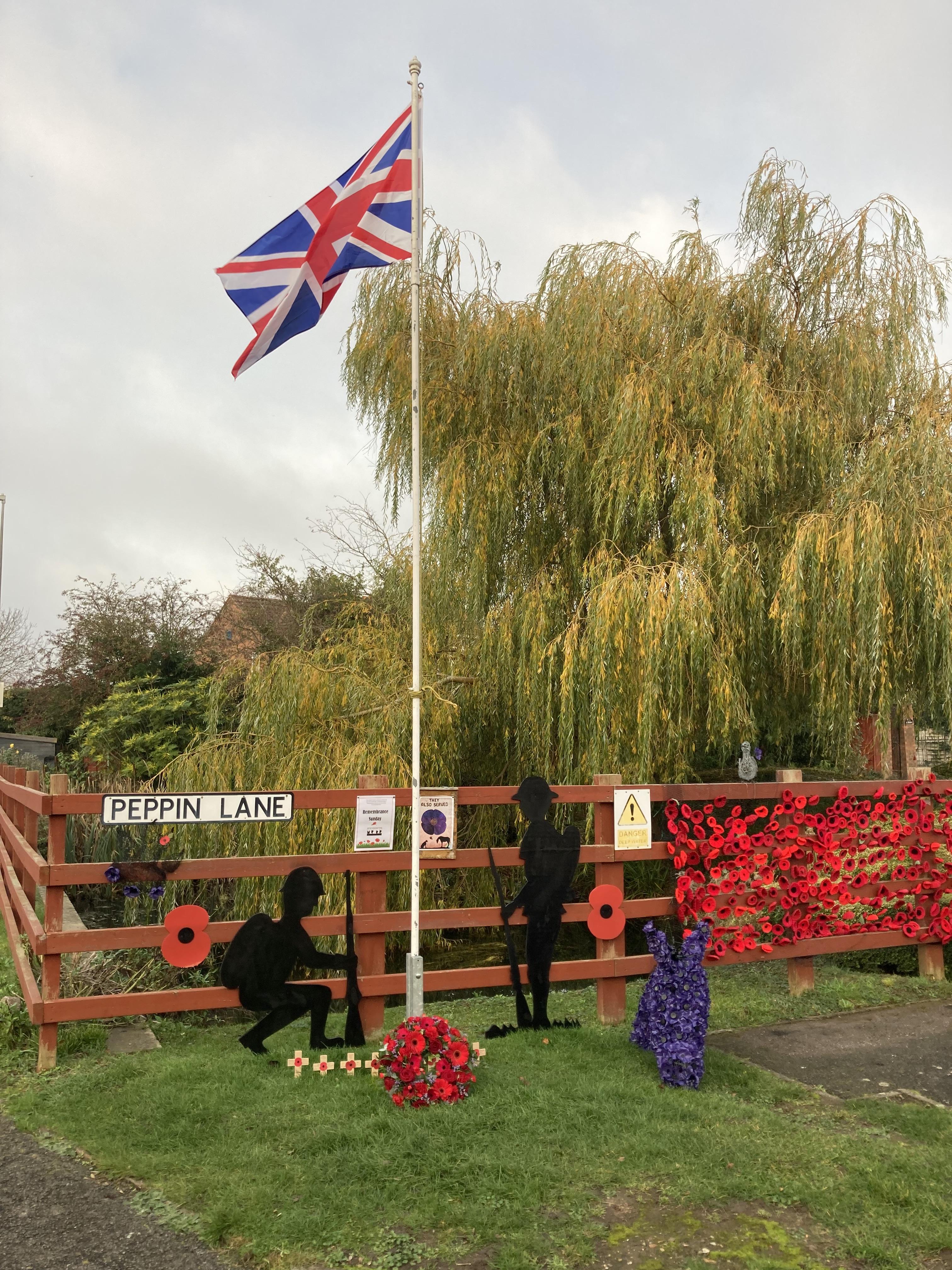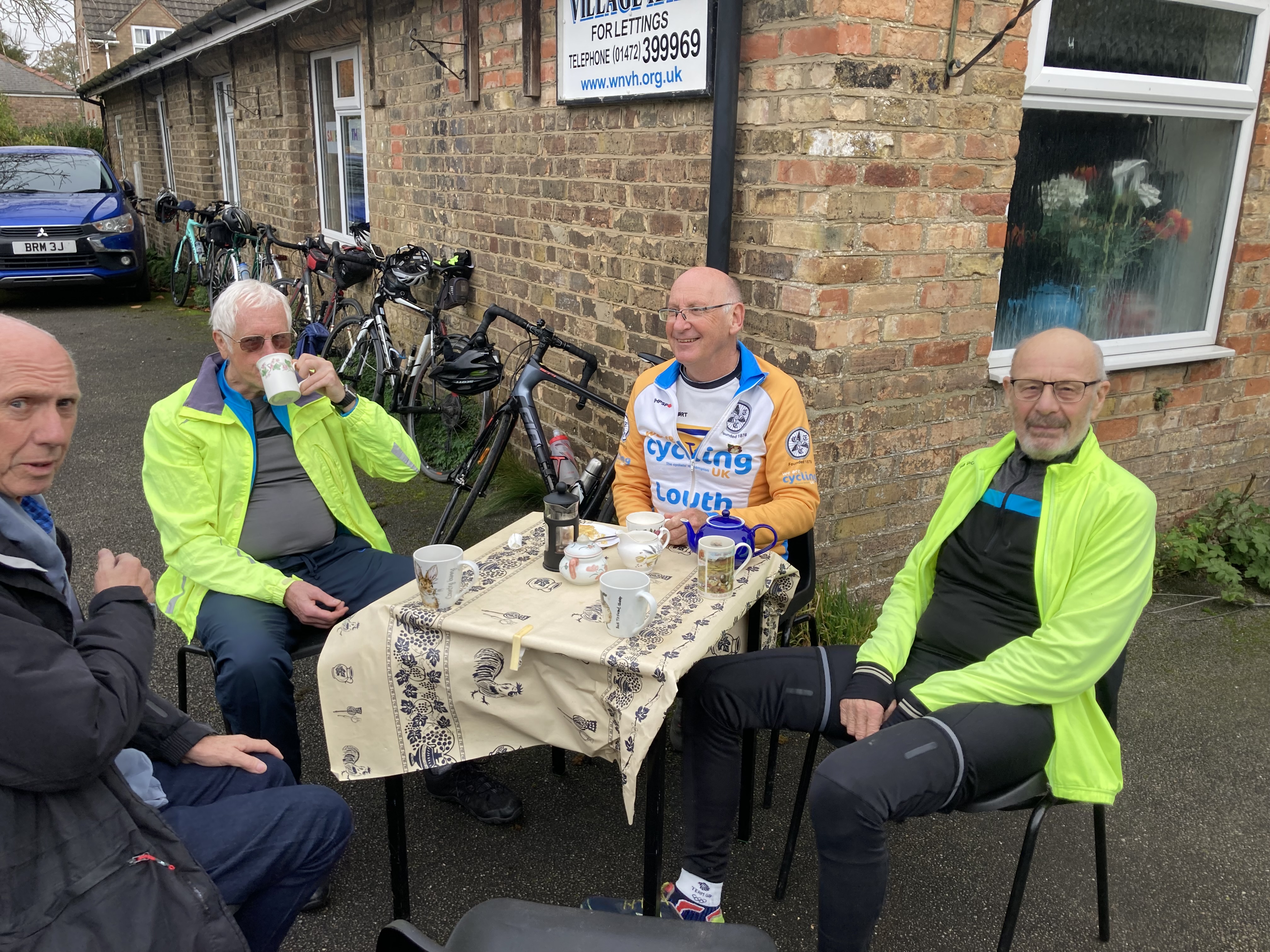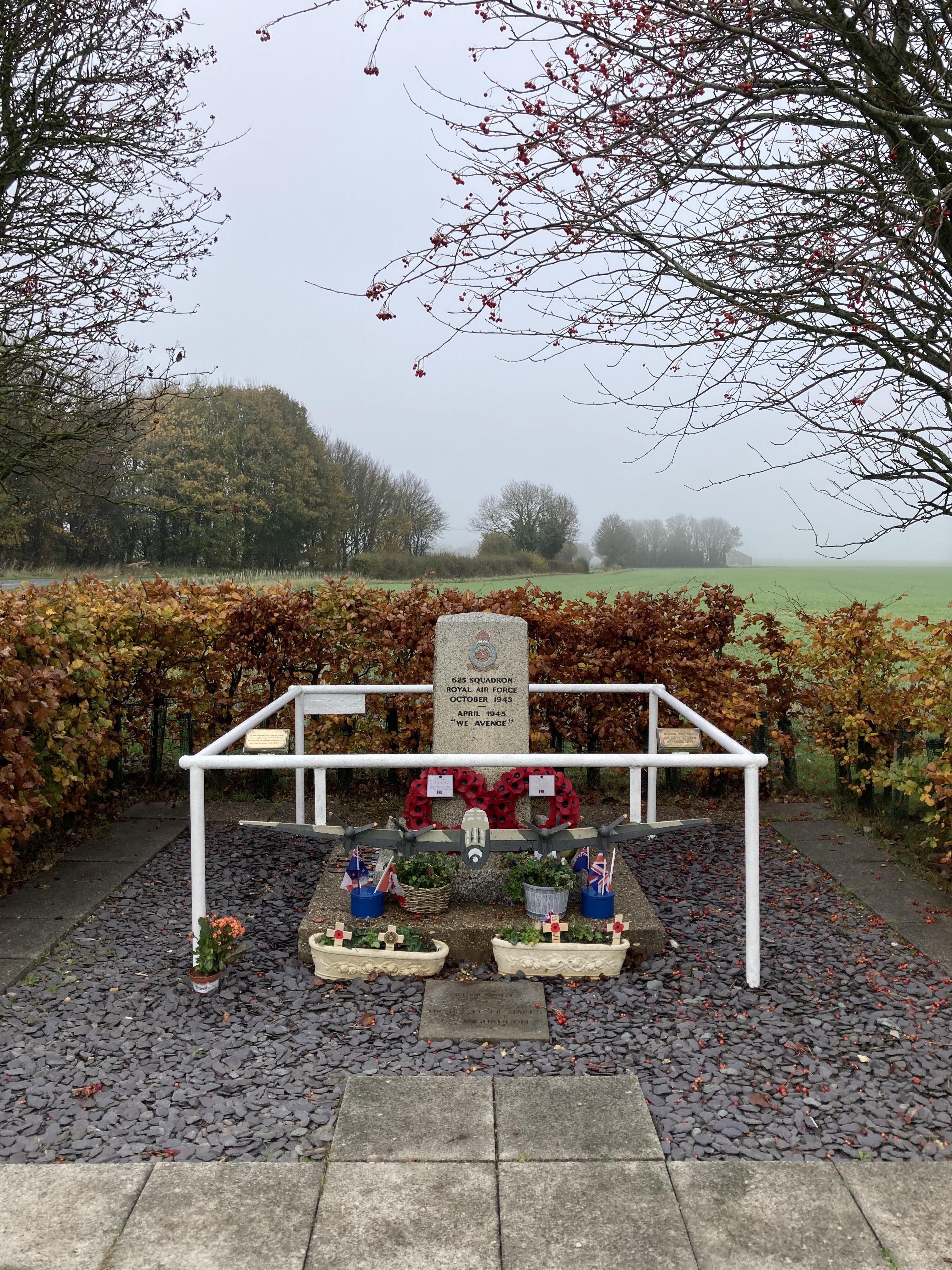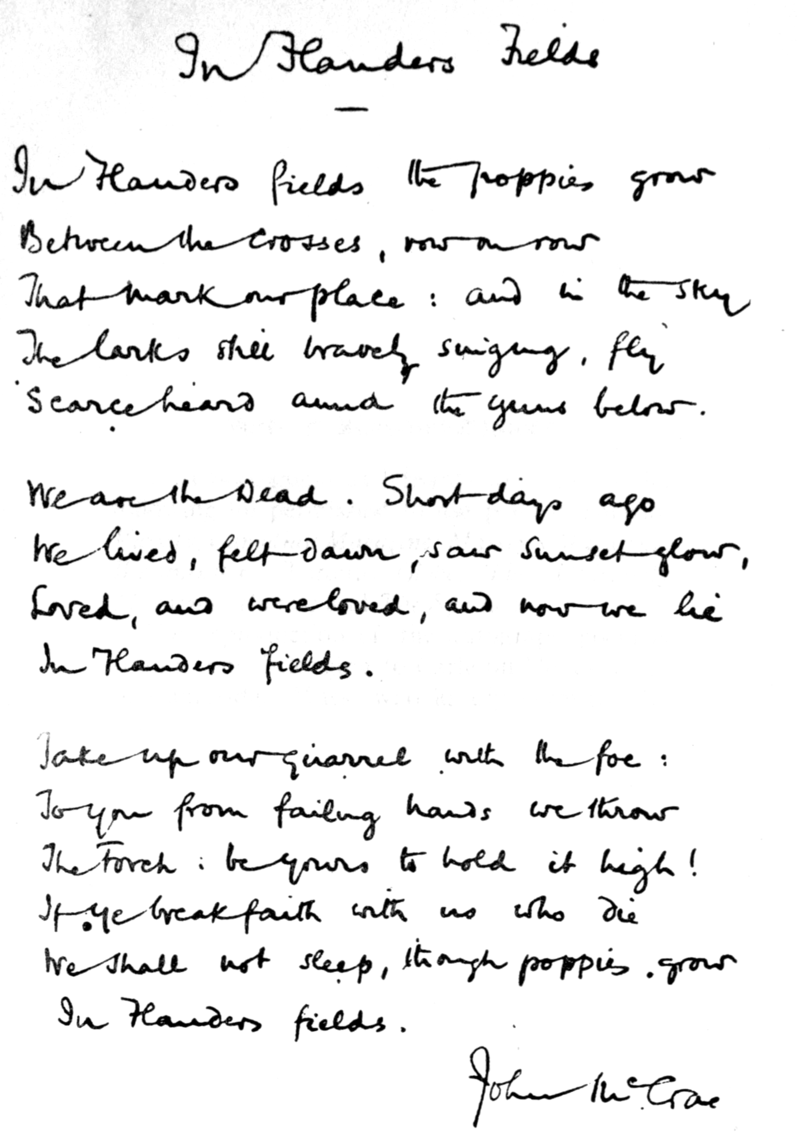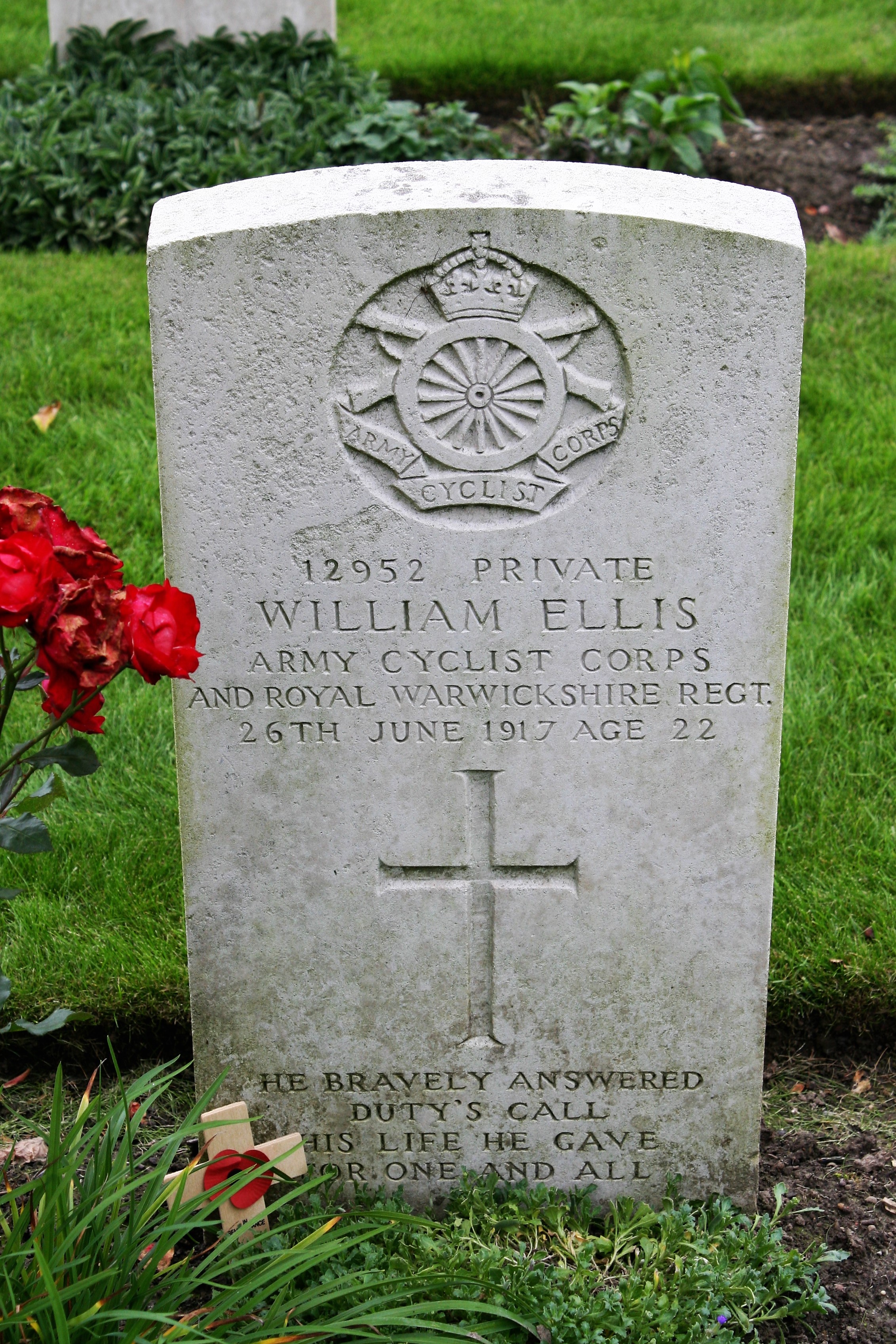Armistice Sunday 13-11-2022

Remembrance Sunday 13th November 2022.
With Wold Newton Village Hall open once again, time first to pay our annual respect at Fotherby Armistice Day Service. We would then go onto North Elkington for home-made mince pies.
The day had dawned foggy with a steady slight drizzle making for a dank start. Very ‘November’. Good however to have Rob Cook, John Rickett and Alan Hockham join Tim Newbery at Louth’s Leisure Centre for a 10.15 am departure. Apologies had been sent by Paul Linder and John Ambler.
A steady ride along the lanes through Brackenborough and Little Grimsby, arriving at the memorial in Fotherby about 5 minutes to 11 am. Within a few minutes Reg Bagshaw had also joined us. Many of the villagers were in attendance and with the chimes of Big Ben signalling 11 am, all was quiet. Even the owner’s dogs were impeccably behaved for the two-minute silence. Group Captain Brian Clark (RAF Rtd) poignantly recited Laurence Binyon’s The Ode Of Remembrance, ‘They Shall Not Grow Old As We That Are Left Grow Old’.
Brian was also good enough to come across for a chat and made us all welcome. This year, in addition to the red poppies there was a model of a horse’s head bedecked in purple poppies, in memory of the sacrifice that they too gave in conflict.
With mist and fog still shrouding club riders, Alan made for home whilst the rest of the club continued through Utterby to North Ormsby (Nun Ormsby). Rob pointed out farm buildings and the church of St. Helen peering eerily through the obscured light. The ruins of the Gilbertine priory of St. Mary, home to nuns and canons and founded in 1148 are now hard to see.
At this point Reg was in fine form and charged up the hill to the Wold Newton Road at an altitude of about 125 m. Surprisingly and as a reward we were greeted with some weak sunshine. Bowling along we made good time to the Village Hall where as ever there were plentiful supplies of tea, coffee and cake. Lots of cake. Great too to have Mike Housley (Cycling UK Lincoln) join us for a chat. It’s good to hear that the Diocese of Lincoln are withdrawing the Hall from auction and have given a grace of six months to negotiate a sale. Crossing fingers for the Hall to be saved for the benefit of villagers and visitors alike.
Our next leg of the ride would take us to Click’em Wood and then along to Beech Plantation and the former RAF Kelstern, today’s highest point at about 135 m. Here the memorial pays tribute to 625 Sqn (Lancaster) and to all those who served and never returned.
Having enjoyed some bright conditions, low cloud was now enveloping the former airfield once more and we looked forward to some hot drinks at Foxglove Farm Coffee Box. We were indeed well looked after and Tim wolfed down a home-made mince pie.
A return to Louth was uneventful, arriving back by 2.30 pm.
Armistice Sunday marks the 104th anniversary of the end of the First World War. Many Cyclists’ Touring Club members were enroled in either the Territorial Force (TF) cyclist battalions, primarily for home defence, or the Army Cyclist Corps (ACC) as part of the regular army.
Cyclists’ Touring Club member Lance Corporal A.S. (his full name is unrecorded) serving in one of the cyclist battalions wrote an article in the CTC Gazette, encouraging others to join. “Cycling for pleasure and cycling with the Army cyclist’s full equipment are two very different matters. Indeed, there is a wide gulf between the two. If you don’t believe it get into khaki at once and join a cyclist battalion”.
The role of the Territorial Force cyclist battalions at home was deemed so important that the units were rarely deployed overseas. The first Huntingdonshire Cyclist Battalion was formed in August 1914 and was sent to Grimsby to patrol the coast with a compliment of 550 officers and men. A second battalion was soon deployed to Lincolnshire and by 1916 the unit was based at Sutton-le-Marsh (Sutton on Sea). By March 1917 it had moved to nearby Alford and by July of that year, onto Chapel St Leonards. The battalion ended up at Skegness by May 1918.
For those of the Army Cyclist Corps deployed on the front line, casualty rates were high in their role of reconnaissance and communications. Conditions were often atrocious, battling a sea of mud and frequent punctures from shell fragments. The Cyclists’ Touring Club Roll of Honour names many who didn’t return home.
Flanders saw one of the very first overseas deployment of cyclist battalions and there are a number of Commonwealth War Graves Commission headstones at the Essex Farm Cemetery in Ypres Salient, including Private William Ellis, Army Cyclist Corps.
Canadian Brigade Surgeon Major John McRae’s affecting poem “In Flanders Fields” was written after having to officiate the burial at the Essex Farm Cemetery of his close friend and fellow Canadian Lieutenant Alexis Helmer who was killed instantly by a German shell, shortly after the start of the second battle of Ypres on Sunday 2nd May 1915.
In Flanders fields the poppies blow
Between the crosses, row on row,
That mark our place; and in the sky
The larks, still bravely singing, fly
Scarce heard amid the guns below.
We are the Dead. Short days ago
We lived, felt dawn, saw sunset glow,
Loved and were loved, and now we lie
In Flanders fields.
Take up our quarrel with the foe:
To you from failing hands we throw
The torch; be yours to hold it high.
If ye break faith with us who die
We shall not sleep, though poppies grow
In Flanders fields.
